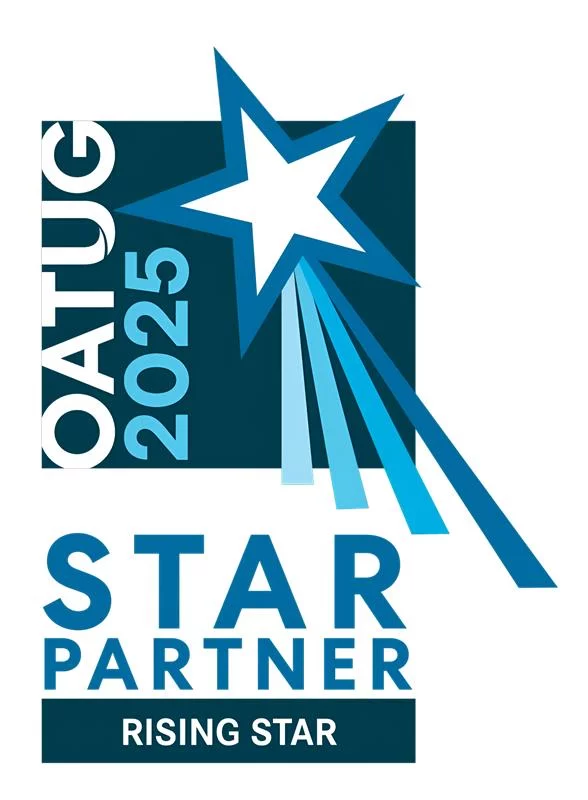Robotic Process Automation (RPA) is a rapidly growing technology that is transforming the way businesses operate by automating repetitive and rule-based tasks. However, the full potential of RPA can only be realized when it is integrated with an intelligent system. In this blog, we will explore the integration of RPA with an intelligent system and the benefits it can offer.
What is an Intelligent System?
An intelligent system is a software application that uses artificial intelligence (AI) and machine learning (ML) to make decisions and improve its performance over time. Intelligent systems can analyze data, learn from patterns, and make predictions, enabling them to perform complex tasks that require human-like intelligence.
Integration of RPA with an Intelligent System
When RPA is integrated with an intelligent system, it can enable businesses to automate more complex and sophisticated tasks. RPA can be used to automate repetitive and rule-based tasks, while the intelligent system can be used to make decisions and predictions based on the data that is being analyzed. This combination can help businesses to automate end-to-end processes that require human-like intelligence, leading to improved efficiency and reduced costs.
Benefits of Integrating RPA with an Intelligent System
The benefits of integrating RPA with an intelligent system are many. Firstly, it can help businesses to automate more complex and sophisticated tasks, enabling them to improve efficiency and reduce costs. This can free up human resources to focus on higher-value activities, leading to increased productivity and revenue.
Secondly, integrating RPA with an intelligent system can help businesses to improve accuracy and quality. The intelligent system can learn from patterns and make predictions, enabling it to make decisions that are more accurate than a human could make. This can help businesses to improve the quality of their products or services, leading to improved customer satisfaction and increased revenue.
Thirdly, integrating RPA with an intelligent system can help businesses to improve compliance and reduce risk. The intelligent system can analyze data and make decisions based on patterns, enabling it to identify potential compliance issues before they become a problem. This can help businesses to remain compliant with relevant regulations and reduce the risk of non-compliance-related penalties.
In conclusion, the integration of RPA with an intelligent system is a powerful combination that can help businesses to automate more complex and sophisticated tasks, improve accuracy and quality, and improve compliance and reduce risk. As businesses continue to look for ways to improve efficiency and reduce costs, the integration of RPA with an intelligent system is likely to become an increasingly popular option.




